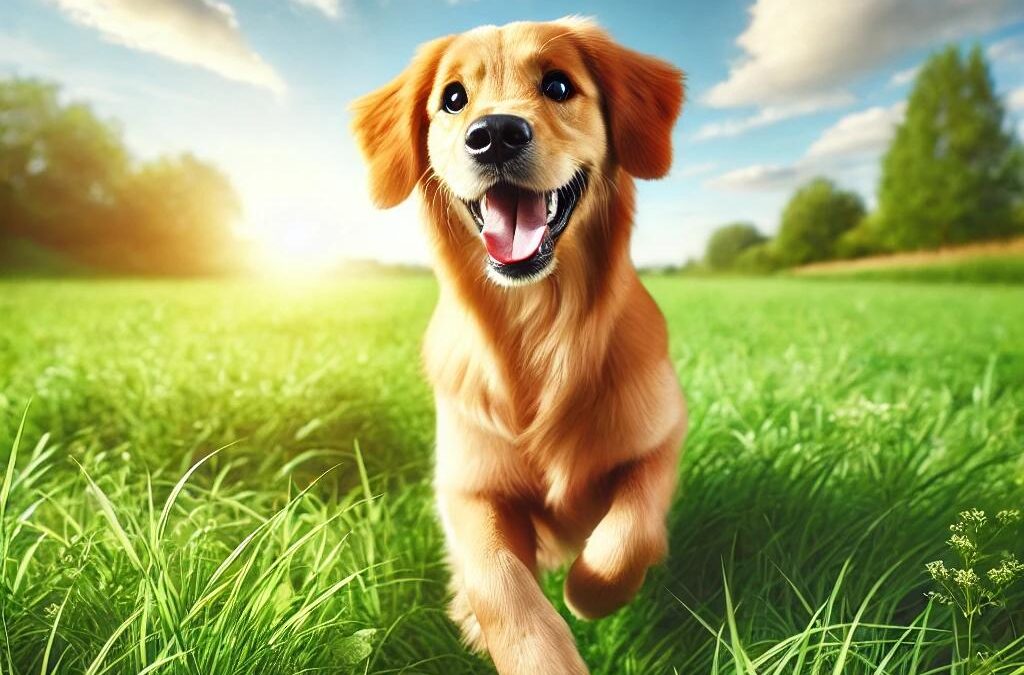Maintaining the health and well-being of your pet involves more than just providing them with love and affection; it requires a balanced diet that includes essential vitamins. Understanding your pet’s daily vitamin needs can significantly enhance their quality of life, ensuring they stay healthy, active, and vibrant. This guide will help you understand the importance of various vitamins for your pet’s daily health.
Why Vitamins are Crucial for Your Pet
Vitamins play a vital role in supporting various bodily functions in pets, from boosting the immune system to promoting healthy skin and fur. Just like humans, pets need a balanced intake of vitamins to prevent deficiencies that could lead to health problems.
Key Vitamins Your Pet Needs
- Vitamin A: Vital for maintaining good vision, immune function, and cellular health. It also plays a crucial role in keeping your pet’s skin and coat healthy.
- Vitamin D: Essential for bone health as it aids in the absorption of calcium and phosphorus. A deficiency in Vitamin D can lead to bone disorders and other health issues.
- 비타민E: A powerful antioxidant that helps protect cells from damage, supports immune function, and promotes healthy skin and coat.
- Vitamin K: Important for blood clotting and bone health. This vitamin helps ensure that your pet’s blood can clot properly in case of injury.
- B Vitamins (B1, B2, B3, B6, B12): These vitamins are crucial for energy production, red blood cell formation, and maintaining a healthy nervous system.
- 비타민 C: Although not essential for all pets as some can synthesize it, Vitamin C acts as an antioxidant and supports the immune system.
- Biotin (Vitamin B7): Promotes healthy skin, fur, and nails. It’s particularly beneficial for pets with dermatological issues.
- Folic Acid (Vitamin B9): Supports the formation of red blood cells and is important during pregnancy for fetal development.
How to Ensure Your Pet is Getting Enough Vitamins
Feeding your pet a balanced diet is the key to ensuring they receive all the necessary vitamins. High-quality commercial pet foods are typically formulated to meet the nutritional needs of pets. However, if you prepare homemade meals for your pet, it’s essential to consult with a veterinarian to ensure the diet is balanced and provides all the necessary vitamins.
Signs of Vitamin Deficiencies in Pets
- Dull coat or hair loss: May indicate a lack of Vitamin A or E.
- 약점 또는 무기력: Could be a sign of Vitamin B deficiency.
- Bone deformities or fractures: Often linked to a deficiency in Vitamin D.
- Poor wound healing or excessive bleeding: Could be a sign of Vitamin K deficiency.
Understanding your pet’s daily vitamin needs is crucial for their overall health and well-being. Whether through high-quality commercial food or carefully prepared homemade meals, ensuring your pet receives the right balance of vitamins will keep them healthy, happy, and full of life. Regular check-ups with your veterinarian can help monitor and adjust your pet’s diet as needed to prevent any deficiencies.


